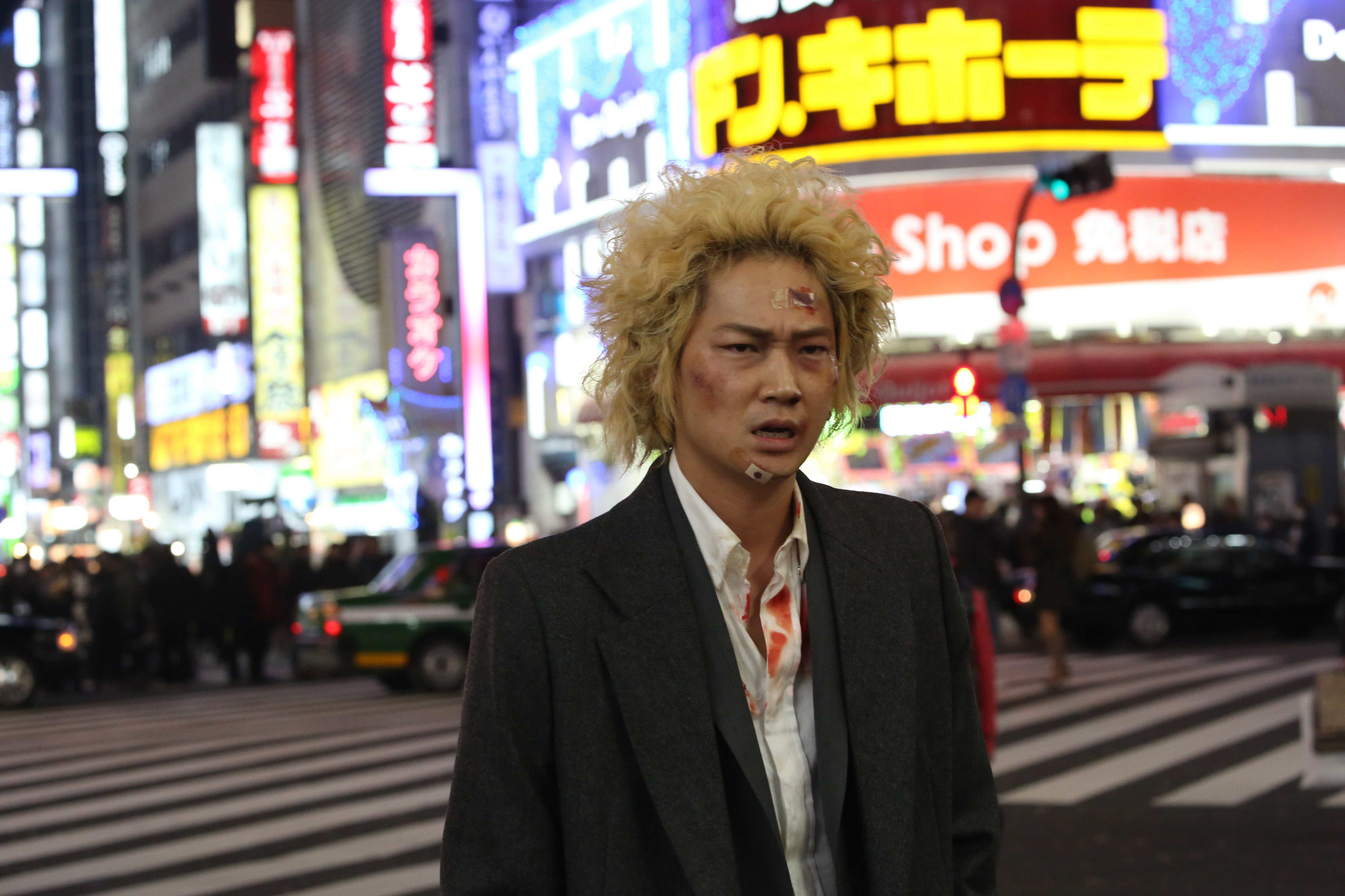Celebrated abroad for films that mash up everything from extreme sex and gore to Christian imagery and classical music, Sion Sono has emerged as one of the most distinctive directors in Japanese cinema this century.
His breakthrough came in 2001 with "Suicide Club," in which 54 teenage girls kill themselves en masse, and he has since directed films such as "Love Exposure" (2008),a four-hour tour de force whose hero is an "upskirt" photographer, and "Himizu" (2011), a near-future dystopian drama themed on that year's nuclear disaster.
At home, Sono's biggest hit is "Shinjuku Swan," a 2015 comic thriller set in the disreputable world of "scouts" — guys who roam the streets of Shinjuku and other entertainment districts recruiting women for the sex trade. Based on a best-selling manga series by Ken Wakui that has generated 38 paperback volumes, "Shinjuku Swan" earned a solid ¥1.33 billion at the box office.



















With your current subscription plan you can comment on stories. However, before writing your first comment, please create a display name in the Profile section of your subscriber account page.